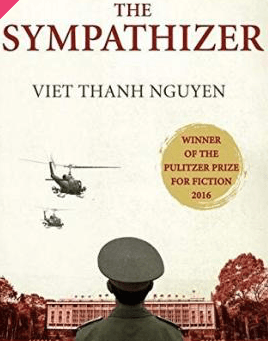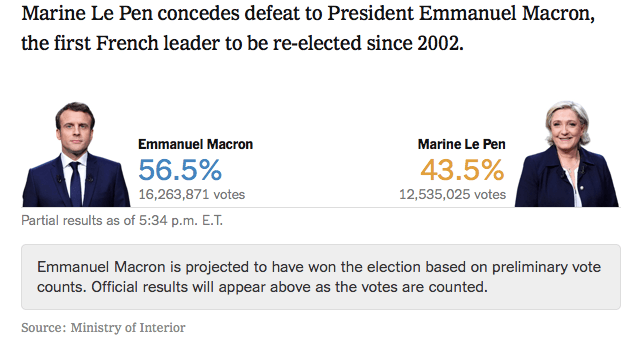What ________ you ________ during the holiday?
What did you do...?
I __________________ an interesting book at the moment. It's entitled The Sympathizer and it ______ about the Vietnam War.

am reading
is
Yesterday Emmanuel Macron ________ a second term as president of France. (win)

won
Ability § Permission: use a modal in the spaces
I didn't ski when I was a child, but I _______________ ski now.
__________ I have your attention please?
I can ski...
Can / Could / May I have your attention...
Ability § Permission
When I was a kid I ____________ draw beautifully. This talent has vanished in the meantime.
I ___________ to use a dictionary during yesterday's test.
I could draw... ( I had the ability) / was able to
I was allowed to..... (I had the permission)
I ____________ to Lugano last week.
What about you?
________ you ________ anywhere?

went / travelled
Did you go ....? Did you travel...?
I started reading it 3 days ago.
So I _____________________ it for 3 days.
have been reading
His opponent, Marine Le Pen, ____________ to become president three times so far. (to fail)
has failed
Logical deduction, strong probability (affirmative § negative)
1. I've just heard you've passed your exams. You _____________ be so excited! (to pass = réussir)
Probability / strong probability
2. Please wait here. The nurse _____________ be here any minute.
3. How come he said that? He ___________ be that stupid!
1. you must be
2. the nurse should be here (ought to be here)
3. you can't say / couldn't say / you shouldn't say / also acceptable: mustn't say
Positive past logical deduction: You must have felt so proud when you found out about your son's job!
(MUST + HAVE + V3)
1. Anne: "How did the cat get in?"
Jules: "Dad _______________ (leave) the window open.
Negative past logical deduction: You can't have finished school so early! You couldn't have finished...
(CAN'T HAVE + V3) (COULDN'T HAVE + V3)
2. That was insane. You _________________ (invent) the whole scenario.
1.Dad must have left the window open....
(you're pretty sure he left it open, but it's the speaker's deduction / supposition)
2. You can't have invented .... / you couldn't have invented
( I think it's impossible that you invented it: again it's the speaker's deduction)
_____________you ever___________ to Lugano before?
Have you ever been to...? / have you ever travelled...?
I __________ never _________ anything like this before. ( to read)
have never read
(read - read - read)
/ri:d/ /red/ /red/
One of the voters said:
“I ___________ (be) very anxious for the last three days.”
“I __________ (vote) for Macron in part because of the war. It was a vote in favor of peace."
have been
voted (acceptable: have voted)
Obligation and lack (=manque) of obligation
1. In our school students ______________ wear a uniform. (are obliged)
2. In our school, students ____________________ wear a uniform but they are expected to dress in an appropriate manner
Prohibition (interdiction)
3. It's forbidden to talk on the phone on Japanese trains. You ___________ talk on the phone on Japanese trains.
1. students must wear / have to wear (also: need to wear)
2. don't have to wear / don't need to wear / needn't wear (they are not obliged)
3. mustn't talk / can't talk
Obligation (HAD TO) or lack of obligation (DIDN'T HAVE TO / DIDN'T NEED TO)
I _______________ wake very early today because I had a meeting at 7 am!
My husband bought a cake for Easter so I ______________ cook any!
I had to wake
I didn't have to cook / I didn't need to cook
I _________________ to Lugano four times so far.
so far = until now
I have been... /have travelled
So far I __________________ 120 pages (it's quite a long book).
I have read
(read - read - read)
However, 28 percent of the French electorate __________ (choose) not to vote.
chose
(have chosen)
(we use past simple as we know exactly what day we're talking about; however "have chosen" is also acceptable as the time is not clearly mentioned)
Possibility (3 possibilities)
Why is Lou absent today?
She .................... be sick.
She may be sick.
She might be sick.
She could be sick.
Past possibility: I may / might / could have hurt you, sorry.
(MAY/MIGHT/COULD + HAVE + V3)
Lou was absent yesterday. She ____________________ ( be) sick.
Remark:
I could have left my phone in the office. (It's possible I left it, I don't know)
I could have hurt myself. (It was a possibility but it didn't happen)
She may have been sick / might have been sick / coud have been sick.
HURT - HURT - HURT
I ___________________ about Lugano ever since I got back.
I have been thinking...
I have been dreaming....
I have been reading...
Anyway, I ______________________ (learn) many facts about this war that I didn't know before.
I am learning
I have learned
I have been learning
Politicians ______ now _______________ ahead to the parliamentary elections in June. (to look)
are now looking
Advice (3 possibilities):
You _________ vote early.
should vote
ought to vote /ɔːtə/
had better (you had better vote = you'd better vote)
HAD BETTER is an expression meaning SHOULD ("had" loses its meaning here)
Advice / criticism about past situations: You should have been more careful.
SHOULD + HAVE + V3
It was a bad idea to go there. You ______________ (stay) home.
You should have stayed home.
Note that we can also say:
You ought to have stayed home.